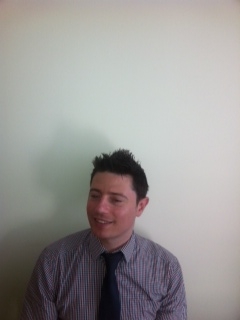Why did you choose to apply for CSci and what do you value most about being a Chartered Scientist?
It gives practitioners a set of standards to maintain and promotes working practices as well as raising their professional profile as a whole. I chose CSci, as I felt it was way of demonstrating that collectively my work, thus far, meets a high set of standards.
What is the value of professional bodies?
They promote fellowship of like-minded professionals, peer review and professional developments.
How important is CPD? What do you think of the revalidation process in ensuring that CSci is a mark of current competence?
I think it’s very important as the world of science continually evolves, if don’t make a point of staying in touch; you can easily get left behind. Revalidation is good way to verify.
